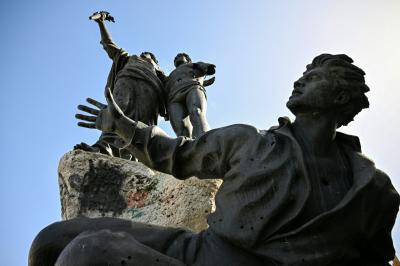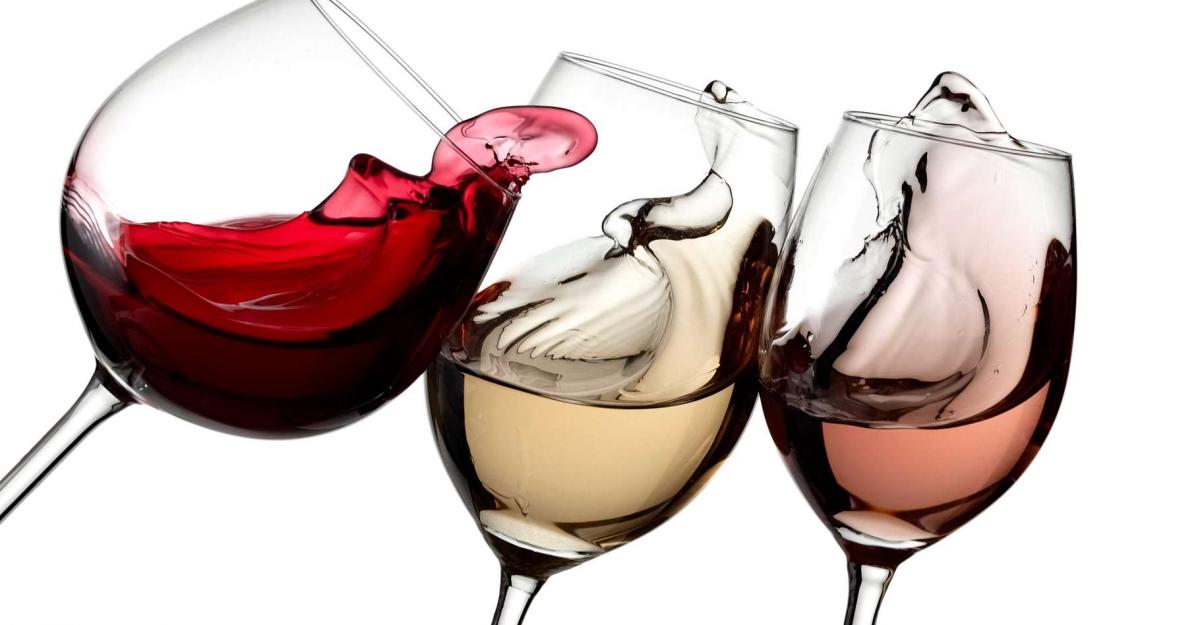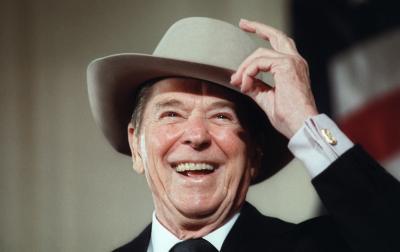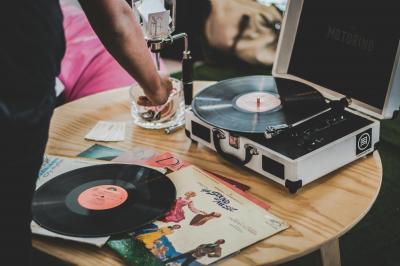Introduced in the late 2010s, “Dry January” (also known as “Sober January” or “Alcohol-Free Month”) is a challenge taken up by millions of people. It is simply abstaining from all alcohol consumption during the month of January.
Combined with good hygiene and dietary practices, it offers numerous health benefits. Here are some of the benefits of not drinking alcoholic beverages after the holidays.
Weight loss
Dry January” can help you lose weight quickly and, in conjunction with a healthy diet and physical activity, it helps you get back into shape. In fact, one-half a pint of beer contains 120 calories, and a glass of wine adds approximately 90 calories. In general, a standard meal for an adult should contain 700 calories.
Better quality sleep
It is not too difficult to fall asleep after a night of drinking, but that doesn't mean it is a good way to recover.
In fact, according to specialists, alcohol interferes with sleep cycles. During the second half of the night, it can cause restlessness, with many people waking up to go to the bathroom or to get some water. “Dry January” therefore helps to restore a healthy night's sleep.
A fresher complexion
Alcohol has a dehydrating effect: that's why it makes you thirsty. And the same applies to the skin. Alcoholic beverages also dilate blood vessels, causing redness on the face. What's more, sugar consumption slows down the cell regeneration process. Alcohol can exacerbate many skin conditions, such as rosacea and psoriasis.
A calmer mind
In times of stress, it's often tempting to drink more regularly. Alcohol has an anxiolytic effect, relaxing the mind shortly after consumption. But this respite is illusory.
In fact, its anti-stress effect only works in the short term. Anxiety will reappear the very next day, and in an amplified form. Committing to a month without alcohol consumption could help you gain a certain peace of mind in the long term.
 Politics
Politics


















